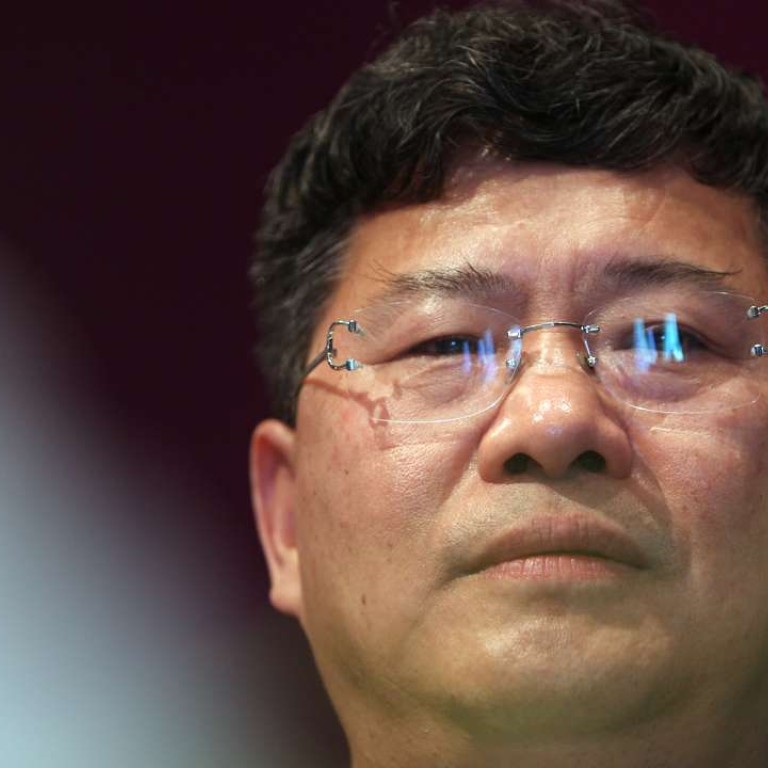
Greenland quarterly profit jumps 19 per cent to 2.7b yuan, as non property contributes half of sales
Shanghai-based Greenland Holdings, the mainland’s fourth-largest developer by sales, reported a 19 per cent profit growth for the first quarter of this year amid stepped-up efforts to cut its reliance on property development.
The state-owned company engaging in both residential and commercial properties said earnings for the three months ending on March 31 totalled 2.7 billion yuan (US$392 million) on revenue of 58.8 billion yuan which was 20 per cent higher than the year-earlier figure.
Greenland’s property businesses generated quarterly sales of 31.6 billion yuan, accounting for 53.7 per cent of its total 58.8 billion yuan revenue.
“We become aware that an appropriate and advanced commerce model that could help create a synergy between different business segments represents our company’s core competence,” chairman Zhang Yuliang said in a statement. “The synergy created within Greenland has generated good results at a rapid pace.”
For the full year of 2016, Greenland said on Monday evening that its profit increased 5 per cent from a year earlier to 7.2 billion yuan.
Sales climbed 19 per cent to 247.2 billion yuan.
Greenland’s finance subsidiary, one of its new growth engines, eked out profits of 3.9 billion yuan last year, up 21 per cent from 2015.
Since early 2016, Beijing’s austerity measures to cool the overheated property sector have been weighing on developers including Greenland.
The Shanghai-based developer took drastic steps in diversifying into finance and consumer sectors last year, aiming to make better use of its existing commercial properties to chase fresh growth.
Greenland announced in mid-2016 that its 30 million square metres of commercial properties across 80 mainland cities could be potentially turned into “incubators” for technology start-ups amid the government’s backing for entrepreneurship and innovations.
Its cross-border e-commerce platform in suburban Qingpu district, the second-largest of its kind in Shanghai, was established last year to link with its procurement hubs abroad to provide logistics and financial services to the Chinese online retailers.
The company said the quickened pace of diversification would not mean that it would shift focus from property to finance and consumer segments.
“It’s a process of better allocating property resources to the areas where they are needed to support high growth of relevant businesses and resources.”
In 2016, Greenland started construction of properties covering a total area of 19.33 million square metres, up 8.3 per cent year on year.
“Despite the curbing policies, the country’s property sector will remain a bright spot of the Chinese economy driven by the urbanisation campaign and further industrial development,” said Joe Zhou, JLL’s head of research in China. “Meticulous planning is needed to ensure a long-term healthy growth.”
Greenland leapfrogged China Vanke to gain the No 1 position among mainland developers in terms of sales in 2014.
In the last two years, the Greenland fell behind Vanke, Evergrande Real Estate Group and Country Garden in property development as it accelerated diversification to ease high debt levels.

